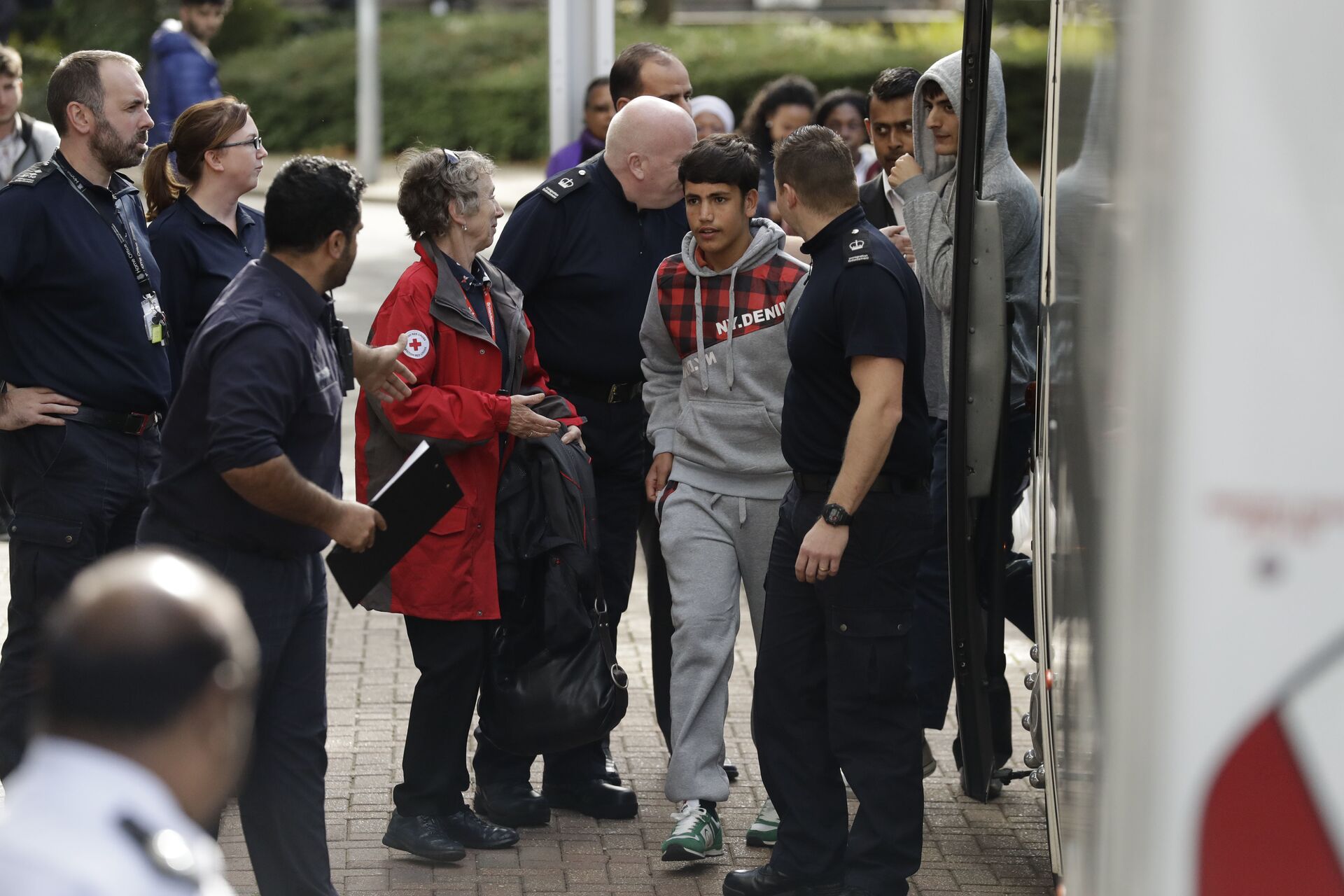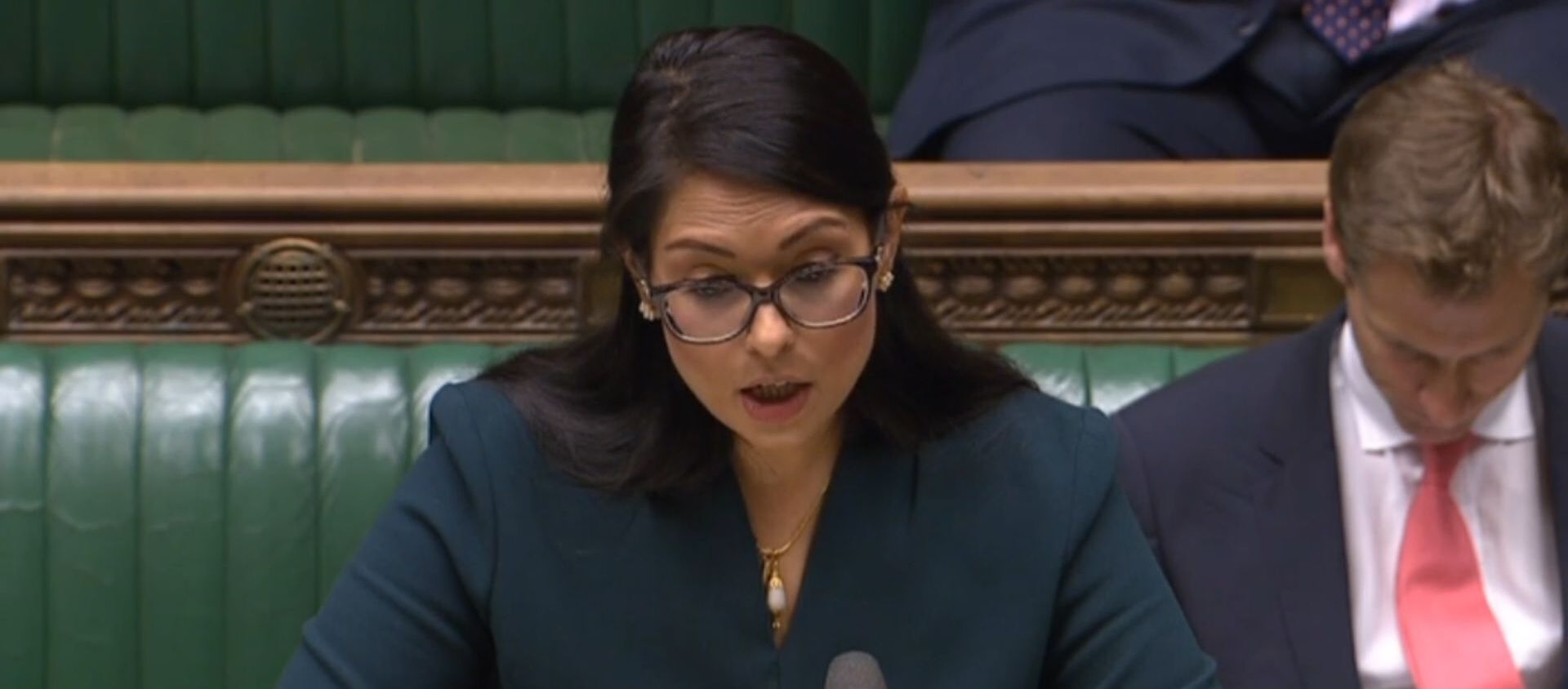The COVID-19 pandemic has ridden roughshod over the statistics on migration in the UK, with the government remaining in the dark about the issue, Oxford University's Migration Observatory has claimed in a study.
The survey argued that there is no reliable data on how many migrants are travelling to and from Britain due to pandemic disruptions.
Migration Observatory Director Madeleine Sumption, for her part, confirmed that "there is absolutely massive uncertainty about what is going on with migration at the moment, because all the data sources we normally use have been hugely disrupted".
"This has left us flying blind just as the UK is introducing a new immigration system, and will make it more difficult to understand the impacts of new policies", she added.
A post-Brexit trade deal reached between London and Brussels in late December stipulates that freedom of movement for EU nationals into the UK will end and be replaced by a points-based immigration system, in line with a key demand of the Brexit project.
British nationals will no longer be able to freely live, work, study, or open businesses in the EU, and visas will have to be secured for stays in the EU of over 90 days.

Sumption was echoed by a Migration Observatory spokesperson who referred to COVID-19's negative impact, which they said "means UK migration data has fallen apart" amid the introduction of a new immigration system.
"The analysis shows that while there does appear to have been a decline in the UK's migrant population in 2020, it is likely to be smaller than headline figures suggest", the spokesperson said.
The government's most recent Labour Force Survey (LFS) claimed that the estimated foreign-born population in the UK stood at 8.3 million, a decline of 894,000 or 10 percent year-on-year.
The Migration Observatory study, however, described it as "not plausible", adding that "there is enormous uncertainty about these estimates and compelling reasons to believe that they are not accurate".
The study comes as UK Home Secretary Priti Patel announced a plan concerning a crackdown on people smugglers, saying that illegal migrant crossings had "plagued" the governments for decades.
According to Patel, a policy paper on a blueprint pertaining to new legislation on criminalising the crossings is due to be published in the next few weeks, which will be followed by a consultation. The legislation is expected to be announced later in the year.
Last summer, about 5,000 people travelled in dinghies and small boats across the Channel before claiming asylum in the UK, a significant increase from the 1,890 asylum seekers who entered Britain in the whole of 2019.




